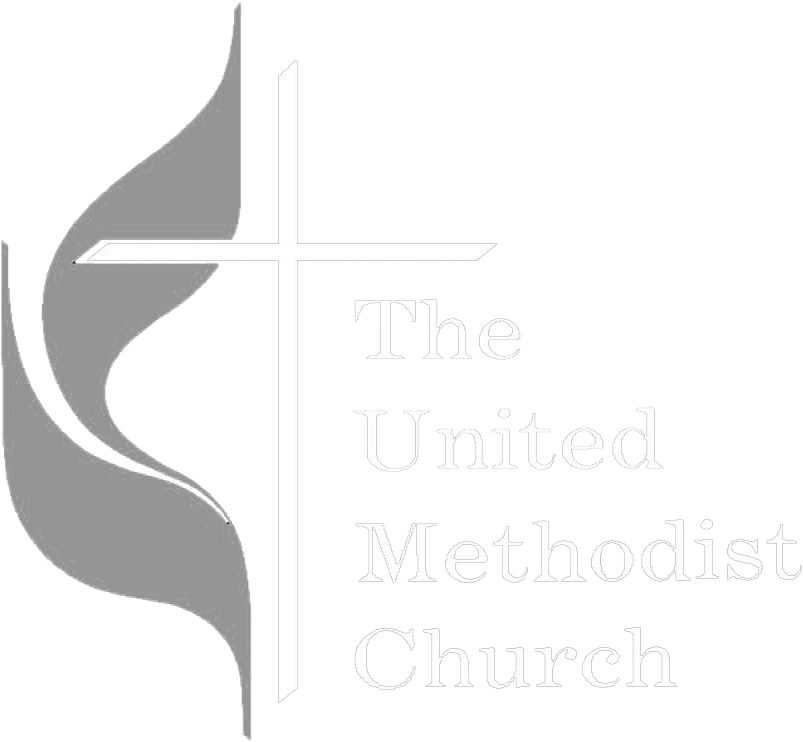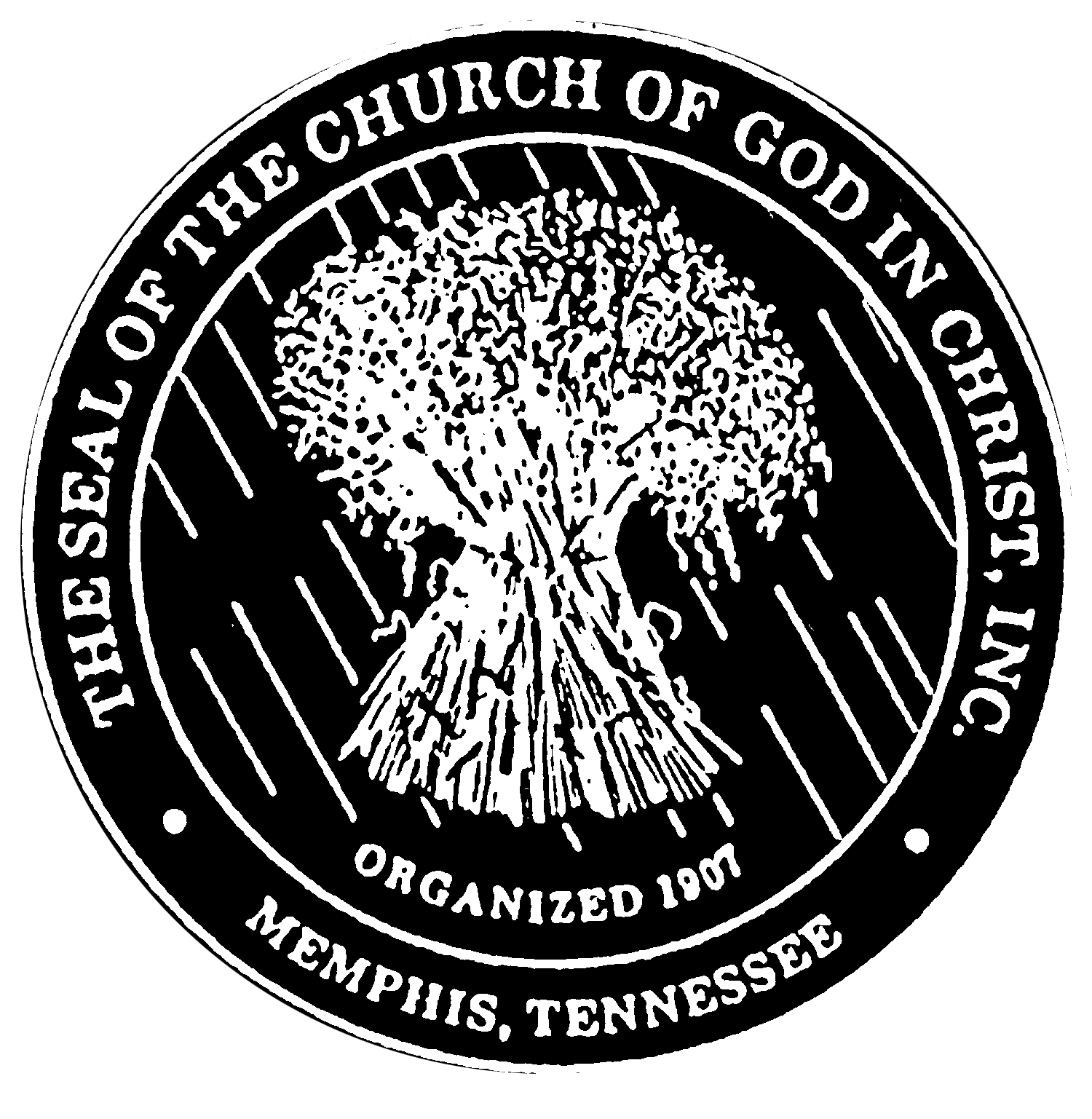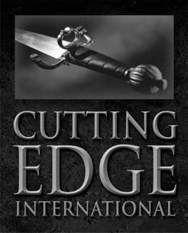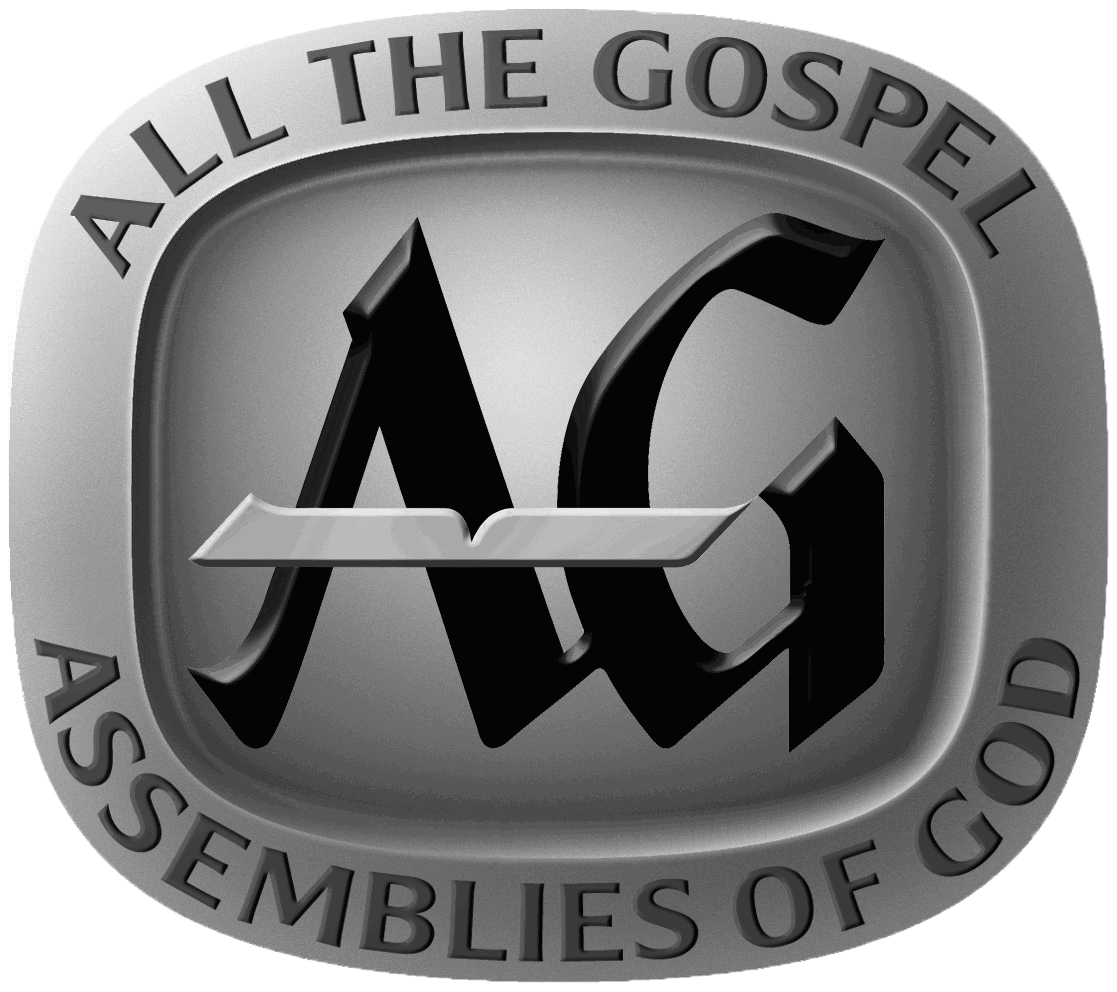The Avalanche of Apostasy: The Acts Of Aposates

“These are spots in your feasts of charity, when they feast with you, feeding themselves without fear: clouds they are without water, carried about of winds; trees whose fruit withereth, without fruit, twice dead, plucked up by the roots; raging waves of the sea, foaming out their own shame; wandering stars, to whom is reserved the blackness of darkness forever” (Jude 1:12–13).
What a poignant statement! What powerful verses these are! The Apostle Jude is providing us with a portrait of an apostate. There are spiritual criminals in the Body of Christ and local churches. An apostate is not merely someone who does not believe in the gospel—he is lost, but he is not an apostate, nor is an apostate somebody who is in some non-Christian religion, or somebody who is in one of the cults—they may be lost, but they are not apostates.
 What a poignant statement! What powerful verses these are! The Apostle Jude is providing us with a portrait of an apostate. There are spiritual criminals in the Body of Christ and local churches. An apostate is not merely someone who does not believe in the gospel—he is lost, but he is not an apostate, nor is an apostate somebody who is in some non-Christian religion, or somebody who is in one of the cults—they may be lost, but they are not apostates.
What a poignant statement! What powerful verses these are! The Apostle Jude is providing us with a portrait of an apostate. There are spiritual criminals in the Body of Christ and local churches. An apostate is not merely someone who does not believe in the gospel—he is lost, but he is not an apostate, nor is an apostate somebody who is in some non-Christian religion, or somebody who is in one of the cults—they may be lost, but they are not apostates.
An apostate means “someone who has turned from the truth.” The word apostasy means “to fall away from,” or, “to turn away from that which one has received.” So, apostates are individuals who have received the truth. Then, they have rejected the truth. Afterward, they ridicule the truth with a plan to replace the truth.
You may think this has nothing to do with you. However, Satan’s chief weapon against the Church is not persecution from the outside, but to infiltrate the Church with apostasy. Look at the work of Satan all around us. He has infiltrated great denominations, great institutions, and great churches with apostasy.
The devil is not primarily against religion. The devil is in favor of religion. It is one of his chief tools. It was a religious crowd that crucified the Lord Jesus Christ. Most Americans don’t need religion. They need to turn from religion to Jesus Christ. But somehow, we are all counted as un-American if we don’t just put our arms around everybody else, and say, “Your religion is just as good as mine.” Well, in many ways, that may be true because they are all no good. It is not religion that saves; it is Christ that saves. However, Christianity is not just another religion; it is a vital relationship with the Son of God.
I don’t believe there’s much wrong in America that could not be solved if we had a generation of preachers who stood up and preached the Word of God. I believe that with all of my heart. Jude, in his introduction, said, “I started to preach to you a gospel sermon. I was going to rejoice with you about our “common salvation,”—but, he said—“it was needful for me to write unto you and exhort you that ye should earnestly contend for the faith which was once delivered unto the saints” (Jude 1:3).
The words earnestly contend are the words that we get our word agonize from. We are to agonize. There is a battle for the Bible. And then, “the faith that was once delivered to the saints” literally means “the faith that was once for all delivered to the saints.” If it’s new, it’s not true. God has given us His Word. And, the Bible says, when God does something perfect, you don’t add to it; you don’t take from it. And, God says, if you add to it, He will add to you the plagues that are written in this book. If you take from it, God will take away your part of the Book of Life, and the things that are written in this book (Revelation 22:18–19). We must “earnestly contend for the faith that was once for all delivered to the saints” (Jude 1:3).
When Jude says the faith, he is talking about that revealed body of truth that we call the Bible. However, there are some major areas where the battle rages. Apostates rage against the virgin birth of Jesus Christ. Some people say, “Well, the virgin birth of Jesus doesn’t make that much difference.” I’ll tell you how much difference it makes: It makes the difference as to whether you are going to Heaven or Hell—that’s how much difference it makes. If Jesus Christ was not born of a virgin, He was not sinless. If Jesus Christ was not sinless, He could not die for your sins; He would have had to die for His own. If Jesus Christ could not die for your sins, there is no atonement. If there is no atonement, there is no new birth. If there is no new birth, there is no Heaven for you—only sure judgment. You take away the doctrine of the virgin birth, and the whole house of Christianity will collapse like a house of cards.
Additionally, the battle rages against the full deity of Jesus Christ. Christ was not just a good man—not just a prophet, not just a great teacher. He was God. The Bible says, “Great is the mystery of godliness: God was manifest in the flesh” (1 Timothy 3:16). Jesus Christ was God. The Bible teaches very clearly, in Isaiah chapter 9, verse 6, that He is “the mighty God” (Isaiah 9:6). The liberal—the apostate—almost always denies the deity of the Lord Jesus Christ.
Next, the fight is against the substitutionary blood atonement of the Lord Jesus Christ. It is abhorrent to an apostate that Christ died for our sins. They do not believe them as the Bible teaches them—that Christ died for our sins, according to the Scriptures; and, with His rich, red royal blood He cleanses us. The Bible says, “The blood of Jesus Christ his Son cleansed us from all sin” (1 John 1:7).
The next doctrine that the apostate does not like is the literal Second Coming of Jesus Christ. They do not believe that Jesus Christ is actually, visibly, and bodily coming back to this earth again. The Lord Jesus said, “If I go and prepare a place for you, I will come again, and receive you unto myself” (John 14:3). The angel said, “This same Jesus, which is taken up from you into heaven, shall so come in like manner as ye have seen him go into heaven” (Acts 1:11). “This same Jesus…in like manner”—just as we believe in the bodily resurrection of the Lord Jesus.
The last major area where the battles rage is about the inerrancy of the Bible. We believe that the Bible is the infallible, inerrant, immutable, indisputable Word of God. We believe that it is “the faith once for all delivered unto the saints” (Jude 1:3). The apostate does not like that. Even the person in the false cult, many times, will have more respect for the Word of God than the apostate has for the Word of God.
This is where the battle is raging in these last days. There is a fight for the faith. And, Jude says, “We should agonize for God’s Word.”
In verses 12 and 13, Jude describes to us what an apostate is like. With graphic images, he portrays the picture of the apostates so we can recognize them when they come into the local church.
I. Apostates Are Dangerous, Like A Hidden Rock
 Now, the very first thing he tells us about an apostate is that he is a dangerous person. He is dangerous, like a hidden rock.
Now, the very first thing he tells us about an apostate is that he is a dangerous person. He is dangerous, like a hidden rock.
Look in verse 12: “These are spots in your feasts of charity, when they feast with you, feeding themselves without fear” (Jude 1:12). Now, look at the word spots. The word spots literally means “hidden rocks.” This word is only used once in the New Testament. But, in other corresponding literature and other literature, the word means “a reef, a sunken reef,” or, “a hidden rock.”
If you have ever been out in a boat and it has run aground, then you will know something about what Jude is writing about in this passage. Have you ever been in a boat that has run aground, or hit a rock beneath the surface? Maybe you were going out fishing, and you have that outboard motor revved up. However, beneath the surface, there is a reef, a hidden rock. Everything looks fine on the surface; but suddenly, the boat lunges. There is a horrible grinding sound, the motor kicks up. The boat goes off to one side, and everything comes to a stop; and, water starts to come in, up around your feet. What has happened? You have ripped the belly of that boat open on some sunken rock. You can see a rock that is sticking up out of the water. But, a rock right beneath the surface, a sunken rock, what damage it does!
Jude says, “These are hidden rocks in your love feasts.” Now, why does he put those two things together? Because, you see, the devil wants to destroy our fellowship. The devil wants to destroy our love. They would get together; they would have a fellowship meal. And, what joy, and what happiness, and what peace they would have, as they would be fellowshipping together! But right beneath the surface, would be some apostate, some person who is not right with God, some person who had slipped into the fellowship; and, some way, somehow, God’s old ship of Zion runs aground.
Something happens. There is a rending tear in the fellowship. There is a gaping wound in the side of the old ship of Zion, and the water begins to pour in. There is chaos and confusion. And, where there was joy, and happiness, and peace, and victory, there is now division and despair, because the Church has run aground. The devil sits back, and he smiles, because he planted his apostate, his big rock, in the river of love. And, the spiritual love boat goes down.
We need to be warned; we need to protect our fellowship! A person is never more like an apostate than when he or she damages the fellowship of a New Testament church. They are spots on your feasts of love, hidden rocks beneath the surface. The first mark of an apostate is they are dangerous like a big rock.
II. Apostates Are Deceptive Like A Waterless Cloud
Not only are apostates dangerous, like a hidden rock. They are also deceptive, like a waterless cloud. Look again in verse 12—he says, “Clouds they are without water, carried about of winds” (Jude 1:12).
Jude was from the Middle East, and a cloud was very important, because, when a cloud appeared in his land, it meant the promise of rain. Also, rain during the rainy season was so very vital for life.
Can you imagine a cloud forming on the horizon—a cloud boiling and billowing— a dark cloud? You begin to think a rain cloud is coming this way. There is going to be rain. God is going to send rain. Then, the cloud passes over. There is wind and vapor—but no rain.
Jude uses very strong language. For example, in verse 4, he says, “There are certain men crept in unawares” (Jude 1:4). I didn’t say it, but he said they were creeps. They creep in. Now, he is saying they are windbags. That’s what he means when he says, “They are waterless clouds”: just pompous windbags. There is a lot of sound, a lot of fury, and a lot of motion; but there is nothing there after it passes over. Here is the shame of apostasy! The apostates promise much, but they deliver so little.
Jude calls them Clouds. They are flirting clouds, clouds without water. Apostates have plenty of clouds. They have their activities. They have their Sunday Schools. They have their church services. They have their conferences. They have their radio programs. They have their Bible studies. They have their magazines. They have their books. They have their tracts. They have their mission societies. They have their youth activities. Nevertheless, they don’t have any water of the Spirit. They don’t have any water of the gospel.
However, do you know what the saddest outcome is? On Sunday, in America, millions of people will go to church, sit and listen to a pompous windbag, who is a cloud without water; and, they will go away, still thirsting for the water of life, and many of them will not even know what they missed. The service may be dry and dull, or it may be a service set on fire with satanic zeal. There will be no glory there; there will be no Book there; there will be no blood there; and there will be no salvation there; there will be no Holy Ghost there; there will be no revival there; there will be no victory there; there will be no new birth there; there will be no power there. All there are, are deceptive clouds without water.
III. Apostates Are Dead Like A Fruitless Tree
 How the wrath of God burns against the apostate! He is dangerous, like a sunken rock. He is deceptive, like a waterless cloud. Furthermore, Jude says “He’s dead, like a fruitless tree.”
How the wrath of God burns against the apostate! He is dangerous, like a sunken rock. He is deceptive, like a waterless cloud. Furthermore, Jude says “He’s dead, like a fruitless tree.”
In verse 12 we read, “Trees whose fruit withereth, without fruit, twice dead, plucked up by the roots” (Jude 1:12). What does he mean by this? These are trees, but there is no fruit on them. You see, there is one thing that you can’t do with a dead tree—and that’s to get fruit from it. There are a lot of things you can do with a dead tree: You can transplant a dead tree; you can move a dead tree from one church to another. One lady said, “Pastor, I’m going to move my membership from your church to another church.” He said, ‘Well go ahead. It won’t hurt you to change the labels on an empty bottle.”
You can transplant a tree, but it won’t give it life. You can prune a dead tree—that’s reformation—but you won’t have life. You can cultivate a dead tree. You can send it to worship services, Bible studies, and all of the rest of it; but you can’t give it life if it is dead. You can rename it. You can call it something else if you want, but it is still dead. The best thing to do with a dead tree is to pluck it up and burn it. That’s what God is going to do. “These are trees, twice dead,” he says. “They are fruitless; they are plucked up by the roots.” Jesus said, in John 15, that they are fit to be “cast them into the fire, and they are burned” (John 15:6), because they are twice dead.
Do you know what the first death is? The first death is when you die spiritually: “And death and hell were cast into the lake of fire. This is the second death” (Revelation 20:14). Jude says their trees are twice dead.
And, by the way, are you born again? There are two births and two deaths. If you are not born twice, you’ll die twice. Born once—you’ll die twice. Born twice—you can only die once. You die physically, but you have, eternally, life with the Lord Jesus Christ.
Now, these are fruitless trees. Jesus said, “Ye have not chosen me, but I have chosen you, and ordained you, that ye should go and bring forth fruit, and that your fruit should remain” (John 15:16). An apostate has no fruit. An apostate cannot produce the fruit of the Spirit, nor bear it (Galatians 5:22). Therefore, the apostates cannot grow churches. Let me tell you about apostasy: Apostasy is a parasite. It can only pluck fruit and devour fruit that is produced by Bible believers. And, therefore, the apostates move into our churches; they move into our denominations. They have no power of themselves; they are dead trees. They cannot produce; they can only devour.
What does God say about an apostate? An apostate is dangerous, like a sunken rock. He’ll wreck the fellowship. An apostate is deceptive, like a waterless cloud. He promises much, but he delivers little. An apostate is dead, like a fruitless tree: fit only to be plucked up and burned.
IV. Apostates Are Disturbed Like Wild Waves Of The Sea
 An apostate is disturbed, like wild waves of the sea. Look in verse 13: “Raging waves of the sea, foaming out their own shame” (Jude 1:13). Underscore that phrase, “their own shame.”
An apostate is disturbed, like wild waves of the sea. Look in verse 13: “Raging waves of the sea, foaming out their own shame” (Jude 1:13). Underscore that phrase, “their own shame.”
The ocean, when it is calm, gets very clear. But, when a storm comes, and the ocean begins to seethe and to boil, off of the bottom of the ocean floor, from the silt, comes all manner of evil, seaweed, filth, foam, and all of these things that after a storm. Then, these things are left on the beach.
After a storm comes to a beach, you would see seaweed, creatures, shells, and parts of wrecks of boats. Also, you will see scum, and foam, and rotting fish. All of these things line the shore after a storm. Even though these things that had been in the deep recesses of the ocean now are belched up. They are vomited up, and they are left on the shore.
Why did Jude use a picture like that? Raging waves of the sea, spewing out the foam of their shame. He is saying the same thing that Isaiah said when he wrote, “But the wicked are like the troubled sea, when it cannot rest, whose waters cast up mire and dirt” (Isaiah 57:20).
In the heart of an apostate, there is great turmoil. Why does he have this turmoil? Because of the mire and the filth that is in his or her heart. There is something about apostasy; A man may be in a false cult and still live an outwardly moral life. A person may be an unbeliever, be a good neighbor, and live a very good moral life. But, from my study of apostasy, I’ve found there is something true about an apostate. When an apostate who has known the truth turns from the truth, he begins to ridicule the truth; and, he opens his heart and his life to deep gross moral sin.
When you study the Book of Jude, you will find out that Jude links apostasy with Sodom. He speaks of those who turn the grace of God into lasciviousness. An apostate knows no moral restraint. Why? Because, when he sees the truth, knows the truth, and rejects the truth, he commits soul suicide. He kicks his soul to death. He stultifies his conscience. And when you find an apostate, sooner or later, he is going to show you the vile, wicked sin on the ocean floor of his moral character. Apostates like a raging wave of the sea. Apostates are not at rest with themselves, and they don’t want us to be at rest. They are like raging waves of the sea—they are disturbed.
V. Apostates Are Doomed Like A Wandering Star
 Jude now gives us one more picture of an apostate. He is not only disturbed, like wild waves of the sea—but he is doomed, like a wandering star. Look again in verse 13. It says also that they are “wandering stars, to whom is reserved the blackness of darkness forever” (Jude 1:13).
Jude now gives us one more picture of an apostate. He is not only disturbed, like wild waves of the sea—but he is doomed, like a wandering star. Look again in verse 13. It says also that they are “wandering stars, to whom is reserved the blackness of darkness forever” (Jude 1:13).
What does he mean by wandering star? The Bible speaks of the stars in their courses (Judges 5:20). God has orbits for the stars. The stars follow through the trackless sky, according to God’s plan; they don’t wander. And, in our solar system, our planets—of which the Earth is one—revolve around the sun. The sun holds everything in its orbit.
Have you ever seen what we call a shooting star, or a meteor? A shooting star continues through space until it burns out or hits a planet or asteroid. It continues at great velocity, right on through black space, until it goes into a dark deep hole or some bottomless pit in the sky.
Jude is saying an apostate is like a shooting star. An apostate is like a wandering star—like a star out of orbit. Did you know that Malachi says that Jesus Christ is the sun of righteousness? He is the center of our universe. He is the One in whom “we live, and move, and have our being” (Acts 17:28). We are to gravitate around the Lord Jesus. An apostate does not find his center in Jesus Christ; and, therefore, he is like a wandering star.
In Matthew 8:12 Jesus said, “But the children of the kingdom shall be cast out into outer darkness: there shall be weeping and gnashing of teeth.” Jude has already spoken of the everlasting fires of Hell. Now, he speaks of the outer darkness of Hell for the apostate. Our hearts ought to be broken for the apostates; and yet, we need to be warned about them. Can you imagine what it will be like to be in a place of everlasting darkness? No glitter of the stars; no luster of the moon; no warmth of the sun; none of the shining glory of God— blackness of darkness forever. They are doomed, like a wandering star.
We are living in a generation of apostasy. We must not be deceived or distracted while we serve in the contemporary church. Apostates are dangerous, deceptive, dead, disturbed, and doomed. We must lift Christ higher because He turns the darkness into light and is the greatest magnetic force in the universe.



























